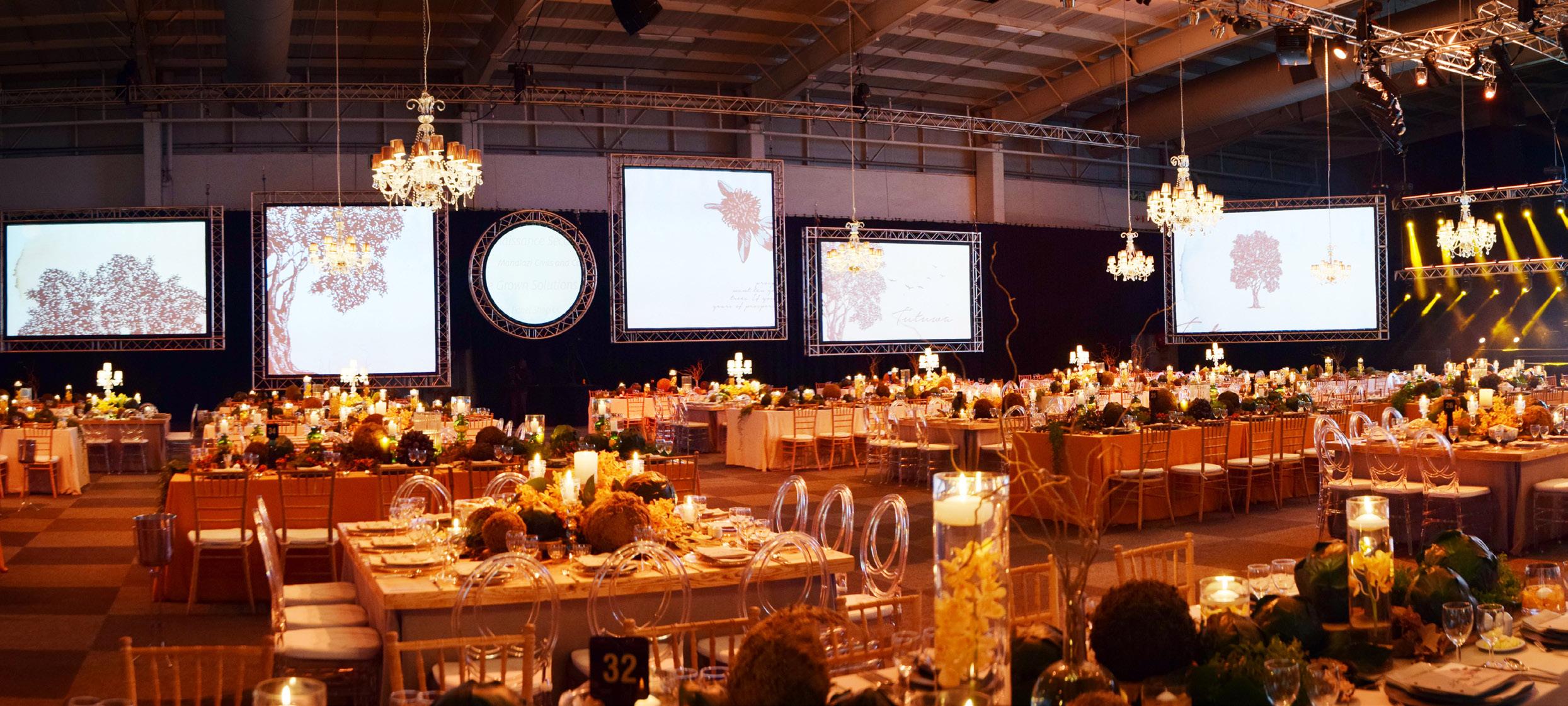EVENT GREENING FORUM
Are virtual events the future of events? The Event Greening Forum (EGF) non-profit organisation promotes sustainable business practices for the events sector. Here the EGF explores the question of whether virtual events will be the sustainable solution for the future of the events industry.
A
t the time of writing this, South Africa is in lockdown. While many of us are focusing on its scheduled end date, others are asking what will happen once all restrictions are lifted. Speculation is rife that the world as we know it will have changed irreversibly, and how we live and do business will have too. Our President Cyril Ramaphosa echoed this sentiment at a Presidential Coordinating Council held on 4 April 2020, where he urged government and society to rethink how governments, businesses and communities function and relate to each other; “The coronavirus changes everything,” he added. The business events industry has been especially devastated by the coronavirus pandemic. In a bid to stay operational, many event planners and production companies have been embracing virtual events to be able to continue working. Unsurprisingly, a common question now being asked is whether virtual events will remain a popular medium post the coronavirus pandemic?
Clean & green, on your screen? Taking events online has long been promoted as a more sustainable way to bring people together. Immediately a vast proportion of the carbon footprint of an event is cut, as the travel, accommodation and event catering are eliminated. Yet, virtual events never really took off. Greg McManus, chairperson of the Event Greening Forum (EGF), said: “I attended a GovTech event ten years ago, where the technology for virtual meetings and holograms was already available. But the uptake has been incredibly slow and limited to niche markets, such as the tech industry.” If you have been having more Zoom and Team meetings recently, you’ll probably agree that going online comes with challenges. From technical hiccups, such as distorted audio and dropped calls, to the fact that even with video it is impossible to make eye contact and gauge body language www.businesseventsafrica.com
or sentiment. This can leave everyone feeling a little disconnected and even disengaged. Face-to-face is, unarguably, better.
that the economic fallout of these actions will cause a huge amount of devastation, possibly more than the virus itself, and we are gravely concerned about the wellbeing Predicting the human response of our industry and broader society.” An opinion piece by William Thomson for In order to get the balance right, it makes Meetings & Incentive Travel magazine* sense that all types of event formats will suggests that the coronavirus outbreak continue to be used in the future. is a trial run of what climate change is The technology for virtual events will get heralding. Indeed, one of the effects of better – and we will get better at it too. climate change that scientists have warned We have had literally thousands of years of is an increase in deadly pathogens refining how we hold face-to-face events, and pandemics. Hosting events online is but only a few decades with the ability to not only an effective way to keep society hold them online. It’s going to take some safe from these threats, but they are a trial and error to get it right, but lockdown way to ensure we do not significantly has already forced us to start doing this. contribute to global warming. Yet in-person events will also remain Mr Thomson added that after experiencing necessary. Mr McManus said: “We need to the convenience and cost-saving of touch and feel products being exhibited, to not travelling for events, many people reconnect with our colleagues in person, to will think twice before attending an meet new business partners face-to-face. event on the other side of the world. We are social beings, and we need inAs a counter argument to that, we’d like person events. We also need to support the to suggest it’s equally possible that after businesses that service this industry, and who being in social isolation, many people will create employment for our communities. be craving company when the restrictions “At the same time, we have to be more are lifted, and will want to attend more sustainable. We have to be smart about how in-person events than before. However, we work, and to build robust systems into here cost as a prohibitive factor is likely to our events that mitigate and slow climate be more relevant, especially considering change and promote everyone’s health and the economic damage that lockdown is wellbeing. Now more than ever before.” causing. This could mean local events will The good news is that we already gain in popularity, while international ones know how to be more sustainable, and will have a slower uptake (at least initially). the coronavirus has shown us that, as a species and when we need to, we Getting the balance right can pull together and act decisively. Mr McManus said: “The EGF has always If we can do this, we can continue to advocated holding events responsibly, operate and stop global warming. where consideration needs to be given to the economic, social and environmental *https://mitmagazine.co.uk/news/its-not-justimpact of your event. We still stand by that. back-to-normal-after-this-weve-got-to-go-online/ The coronavirus pandemic and subsequent For more information, contact: lockdowns have dramatically cut carbon Pippa Naude, Event Greening emissions around the world by effectively Forum halting whole industries. But this clearly isn’t t: +27 (0)74 369 6369 the model of environmental reform that we e: pippa@eventgreening.co.za would recommend. We are acutely aware Business Events Africa April 2020 19

















